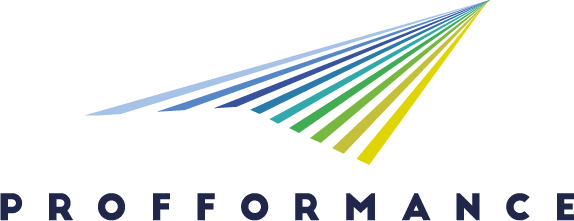NBMWLSI
Nonbusiness marketing course with local stakeholders included
- 04 – Business, administration and law
1. Student-centered course design
The nonbusiness marketing class is detailing the public utility, the budgetary public service and nonprofit sectors, and some cross-sectoral and non-sector-relevant fields of marketing. Besides providing a theoretical basis for the issues, the course focuses mostly on applying knowledge in practice. Working partially in a flipped method, students have the chance to discuss the theoretical aspects of certain sectors in class. Then a real problem is presented to them, connected to the specific sector, they need to solve in groups. Why is this course innovative? - It requires active participation from students as discussions are held instead of frontal teaching. - We educate responsible citizens, as we learn about greenwashing, donating, corporate social responsibility, social responsibilities, sustainable consumption, green marketing, etc. - Digital skills of students are enhanced, as they can create social media content (FB, IG, YT), videos, creatives and online ads, create events, etc. (assessment is based on this, too) - Assessment is based on the solutions presented to the specific marketing problems of the 3 outside organizations involved. Student groups create a presentation and summarize ideas and findings in a report. - Assessment includes third parties as well. The teacher does not decide on her own but involves the three outside institutions in decision-making and determining the final grades of students. - Assessment is diverse. Those, who do not wish to participate in the project work, can take an exam at the end of the semester, so different forms of completion are allowed for students with diverse needs. - International and intercultural competences are enhanced, as one out of the three practical project tasks is connected to an international initiative and ideas can be optionally handed in in English. The main outcomes of the course are as follows: - Students have encountered three different organization’s real-life marketing problems. - The problems were narrow enough so that student teams could solve them in 2 weeks each and then present the results on the third week. - Students got enhanced presentation and problem-solving skills - Students could get a practical experience in the field of nonbusiness marketing. - Participating organizations got many different solutions to their existing marketing problems and could benefits from students’ insights and ideas. Some ideas were carried out in real life.
Methodology
Tools, equipment, technology used
Outcomes and outputs, main results
Lessons learnt
Adaptability and sustainability of the best practice (for other institutions)
Promotion of best practice
Scope and impact
- Course/department level
- Faculty level
- Institutional level
- National level
- EU/EHEA/International level
6.1 Digitalization
- Innovative, novel methodology in using digital tools/devices in teaching
- Digital skills development and assessment both general and profession-related, embedded in course design, in teaching and assessment
Reasoning: All project group tasks needed students to enhance their digital sills: editing a video, creating an online advertisement, designing a Facebook/Instagram post or finalizing a poster.
6.2 Internationalization
- Students engagement in international projects
Reasoning: Students taking part in a real-life marketing problem related to a nonprofit's international project.
6.3 Inclusion and diversity, universal design
- Inclusive course design, universally designed divers activities to meet special students' needs
- Innovative teaching methodology for inclusion and meet diverse student needs
- Alternative, flexible assessment methods for students with special needs
Reasoning: The course could be finished in two different ways: - 1st way to complete: Students attend classes and take an individual exam in the exam period - 2nd way to compete: Students work in groups and solve three marketing problems of outside partners (1 from each nonbusiness sector)
6.4 Sustainability
- Sustainability goals are addressed in the course(s)
- Teaching material contains profession related sustainability aspects
- Special courses reflecting to UN 2030 Sustainability goals, Green Deal - mini-courses, microcredentials
- Social entrepreneurship projects, service-learning in the topic
- Environmental attitude, skill development and assessment either general or profession-related
- Sustainability aspects are considered in all phases of the learning practice - "hidden curriculum"
Reasoning: We educate responsible citizens, as we learn about greenwashing, donating, corporate social responsibility, social responsibilities, sustainable consumption, green marketing, etc. If needed, student could stay at the involved organizations and implement their plans first-hand.

